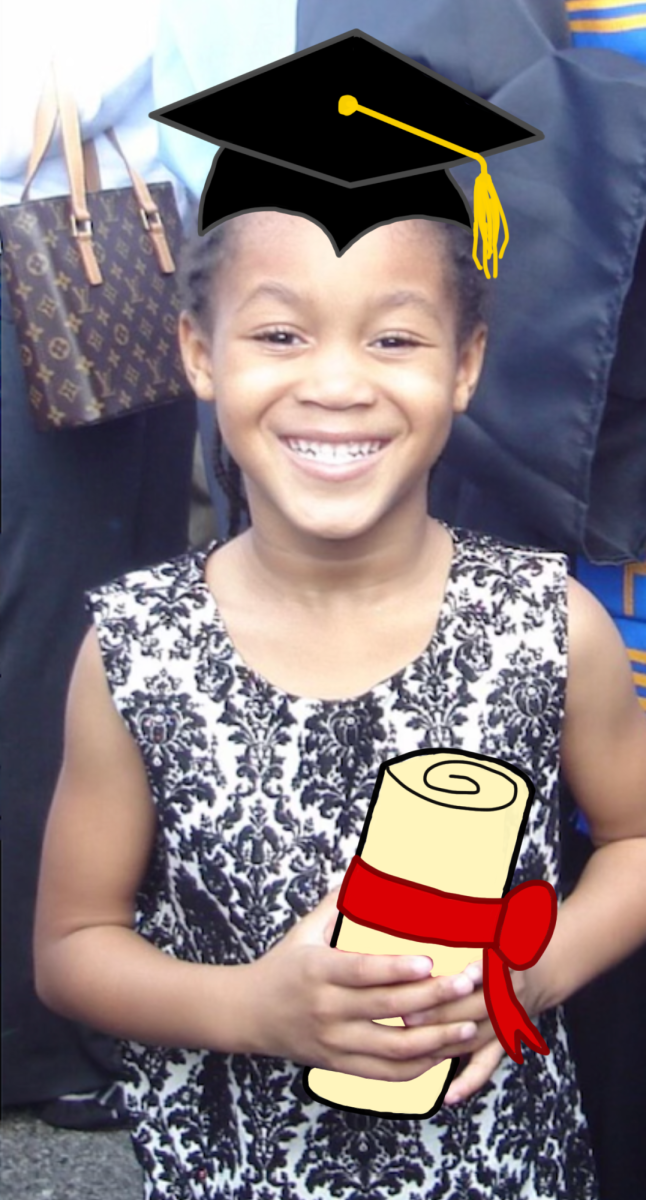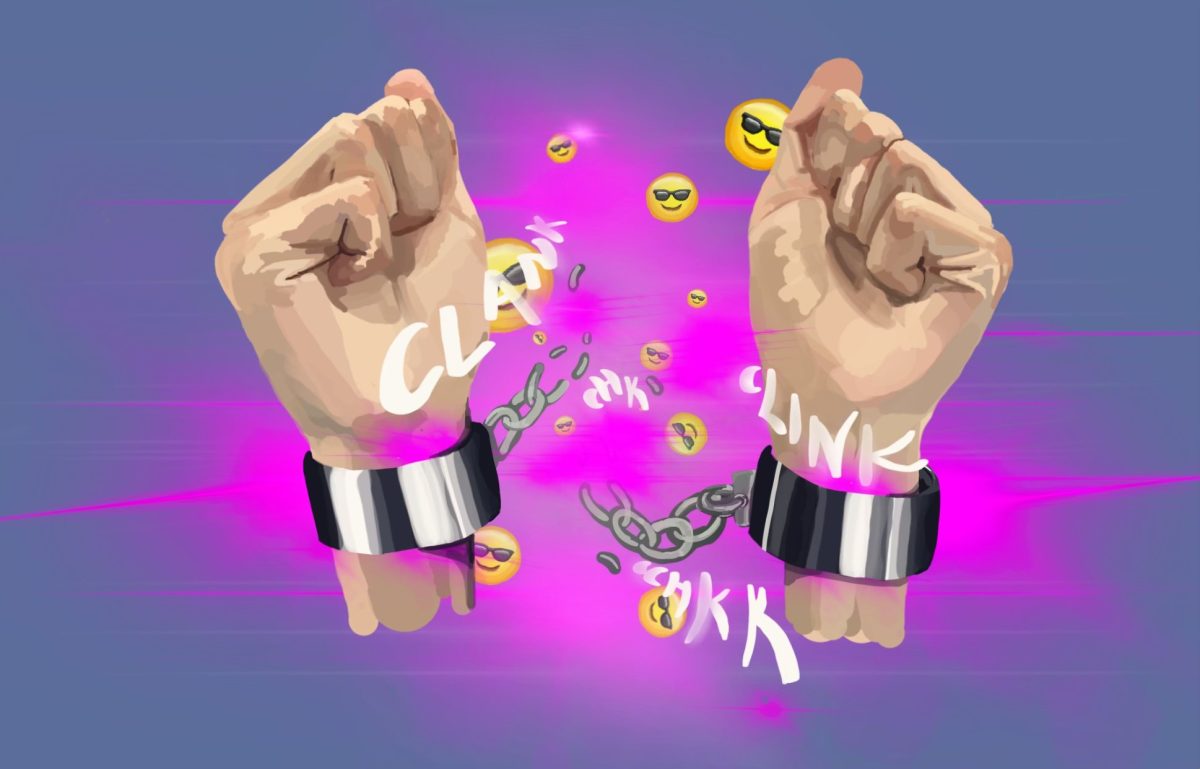Overheard at UChicago last week: a couple of my classmates expressing their annoyance that work-study jobs outnumber non-work-study jobs available on campus. My first thought was to say, “What else would you expect? People on financial aid need work-study jobs to pay for college.” But I decided that it wouldn’t be all that constructive to add my two cents; I didn’t know anything about these people or their lives. Nevertheless, realizing that something even as seemingly innocuous as work-study could be viewed as a cause for legitimate grievance got me thinking about what other kinds of injustices, real or perceived, are a part of college life.
It’s often disconcerting to notice some of the tensions that can simmer quietly among students. Though I don’t fully buy into universities’ representations of themselves as harmonious communities devoted solely to the pursuit of intellectual growth, the illusion is easy enough to go along with most of the time. Every once in a while though, that illusion cracks. While in recent years colleges have become quite good at assembling heterogeneous student bodies, it seems as though not much is being done to address some of the friction that might engender.
For example, since a lot of my high school classmates go to Northwestern, one link that circulated widely on my Facebook newsfeed last fall was a Daily Northwestern op-ed opposing affirmative action that complained, “We of merit, affirmative action’s victims, are now the ones who feel pressured to be silent for fear of accusations of racism.” My former classmates, who are bright and accomplished individuals, were upset that the writer was questioning the legitimacy of their places at their university. Northwestern’s implicit hope was probably that the writer would meet these people and come away with a positive opinion of them. Apparently, though, her reaction upon meeting them was, “I deserve to be here more than you do.”
Lest you think that this column is just a series of jabs at a rival school, I should point out that some of my classmates in the College have also expressed the opinion that affirmative action leads to unqualified students being admitted. I’ve also been informed that it’s “not fair” that there are merit scholarships designated for Chicago Public Schools students or that girls have an easier time getting admitted into college. (As for the latter complaint, the premise is entirely faulty: The U.S. Civil Rights Commission investigated possible bias against females in the admissions process several years ago.) Keeping in mind the warning that “the plural of anecdotes is not data,” I find it striking that despite having the opportunity to attend a pretty darn good school, people here still feel as though they’ve been screwed over somehow.
I guess in some sense they’re right in thinking that an injustice has occurred. It’s not fair how ludicrously expensive top-tier universities are nowadays, to the point where paying tuition is burdensome even to households in the top five percent in income. It’s not fair that universities don’t have enough spots for all the ambitious, talented people who dream of attending them. It’s not fair if your family could never have afforded the music lessons, sports expenses, foreign language lessons, trips to developing nations to build orphanages, SAT prep sessions, fancy private school tuition, and all the other things that we’re told will make admissions officers salivate. It’s also not fair if people assume you’ve led an easy life simply because your family is financially comfortable. It’s really not fair that humans throughout history have often been quite terrible to one another and allowed racial, socioeconomic, and gender inequalities to take root. We’re still busy cleaning up the messes they’ve made (and, to be fair, probably creating some of our own).
But ultimately, I guess what sticks in people’s craw is that it’s not fair that sometimes you can work incredibly hard, yet your best still isn’t enough to achieve all the goals you’ve set for yourself. You might have worked so hard, in fact, that it can be hard to imagine that someone else worked just as hard or that the results of their work manifest themselves in a different way. I won’t argue that the ways that college admissions and financial aid are handled are ideal, but the way to resolve their flaws is not to suggest to fellow students that they haven’t deserved their opportunities. Remember that one of the opportunities you’ve been given is the chance to become acquainted with other students and get to know who they are, where they came from, what they think, and what they’re going to do. It would be a self-inflicted injustice not to take advantage of this. Maybe then we can work on addressing problems together, rather than continuing to fuel antagonisms.
Jane Huang is a third-year in the College.







